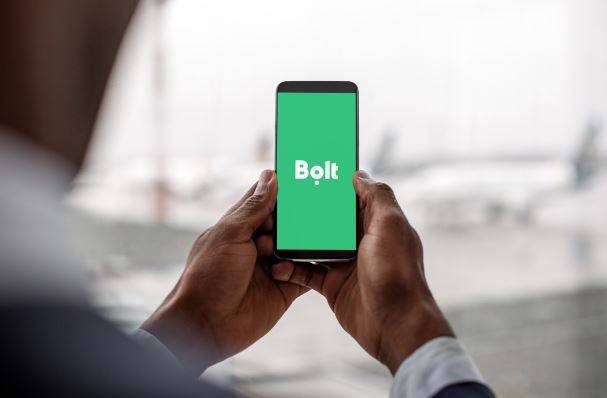Bolt at Odds With Its Drivers Over Electric Vehicle Leasing Plans

In April 2016, Deloitte Africa released its Automotive Insights Report for Africa. The report revealed that only 2 per cent of Nigerians were able to afford new cars due to economic difficulties and lack of proper financing options. Nigeria, despite being Africa’s most populous country, buys fewer new cars than Algeria, Egypt, Morocco and South Africa.
The Nigerian Bureau of Statistics estimated that there were 11.5Mn cars on Nigerian roads by the third quarter of 2017. Of these, just 4.6Mn were private cars. Currently, there are 15m cars in Nigeria. The average age of a private car is currently 14 years and some have been resold up to 5 times.
Based on these facts, it was surprising when the government issued a new guideline in August 2020 that demanded all vehicles must be brand new or within the first 3 years of its manufacture, as specified by the manufacturer to be used for ride-hailing services.
Bolt, Nigeria’s largest ride-hailing provider with over 35,000 drivers faced an uphill battle. The reality is, there are not enough cars on the roads in Nigeria. It is even worse if the cars are supposed to be brand new or just 3 years old. The Estonian-based startup faced a shortage of drivers.
So Bolt launched a vehicle financing program in June 2021 where drivers could own a new car with low equity repayment. This was the first of its kind in Nigeria. Bolt wanted to leverage its operative identification of driver identities and extensive data on driver activities. It then partnered with Sterling bank to provide the financing.
Drivers would pay deposits of as low as 15 per cent on the car, and then pay weekly instalments for up to 4 years while working on the Bolt App. The cars would have a fuel monthly card, comprehensive insurance and vehicle tracking.
But Bolt, then went a step further to announce a partnership with Metro Africa Express (MAX), a vehicle subscription platform for low-to-zero emission vehicles in Africa. Under this plan, Bolt would be able to add 10,000 drivers to its platform.
But the drivers rejected this plan for a number of reasons. Electric vehicles are expensive. They cost at least USD 20,000 and the drivers would be required to make a 5 per cent down payment on the vehicle. With the payment period being up to 5 years, drivers insist that it is too constraining.
Also, the infrastructure for electric vehicles is not well developed in Nigeria. If the charging stations are too far between, this would make it hard for the drivers to make decent money.